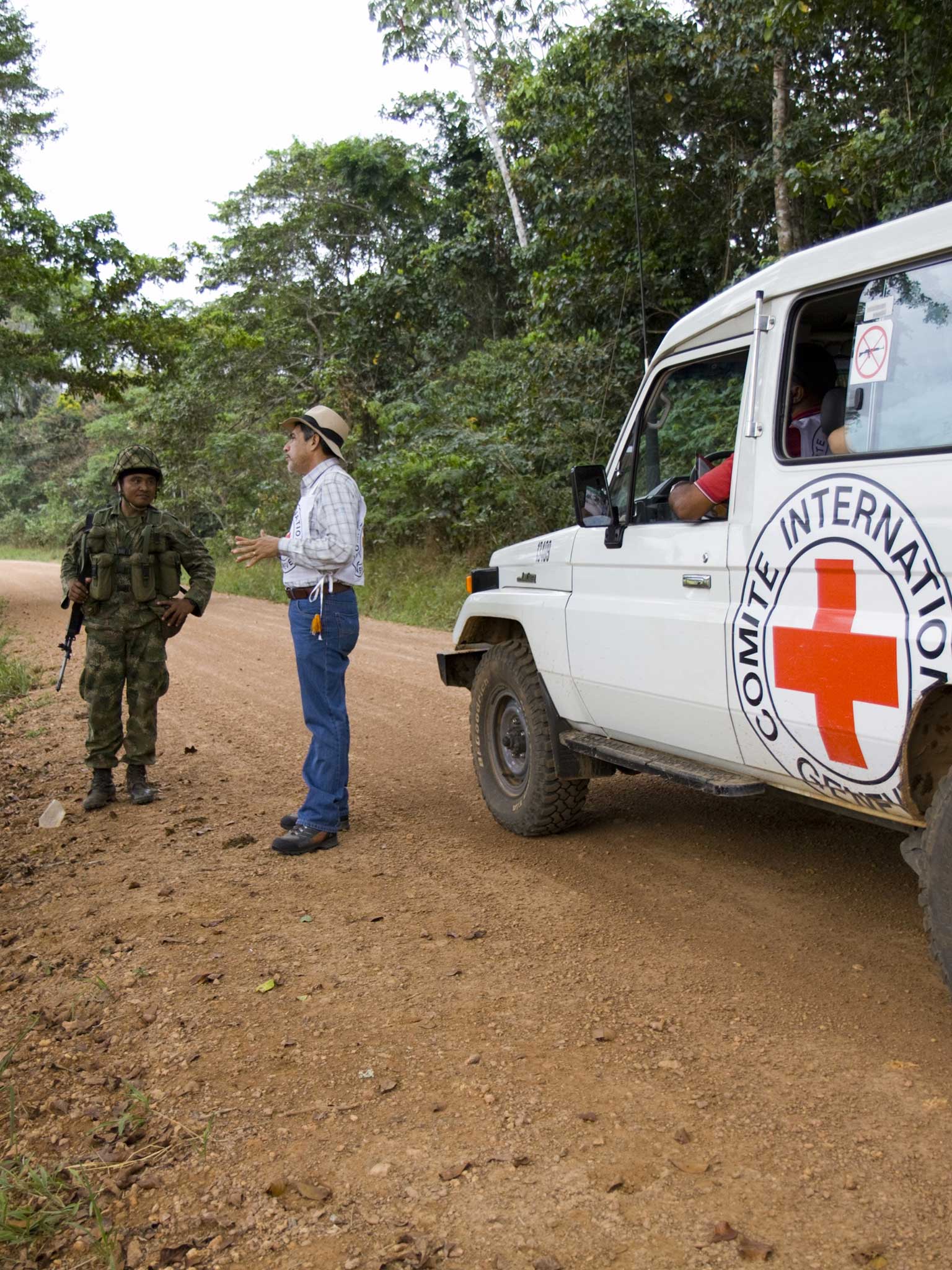Standing up for International Humanitarian Law
Standing up for International Humanitarian Law
The world is becoming an ever-more dangerous place for humanitarian aid workers. Relief operations are more likely to be obstructed by local and national authorities than 10 years ago. In addition, aid workers themselves are increasingly being threatened, expelled, attacked or even killed.
A ‘humanitarian space’ is the space in which aid workers can operate both efficiently and safely. The fact that this space has shrunk in recent years has serious consequences. It often compromises the speed, impact and effectiveness of aid operations. In addition, this development has forced humanitarian aid organisations to commit time and effort to protecting their staff, which inevitably takes resources away from the disaster victims.
The EU is tackling these issues on a number of fronts. Firstly, it ensures that its own actions always comply with humanitarian principles and the tenets of international law. Secondly, it uses its diplomatic influence to ensure that the distinct lines between humanitarian and military actions are not blurred. Thirdly, it collaborates with international partners to strengthen the safety and security of aid workers across the world.

